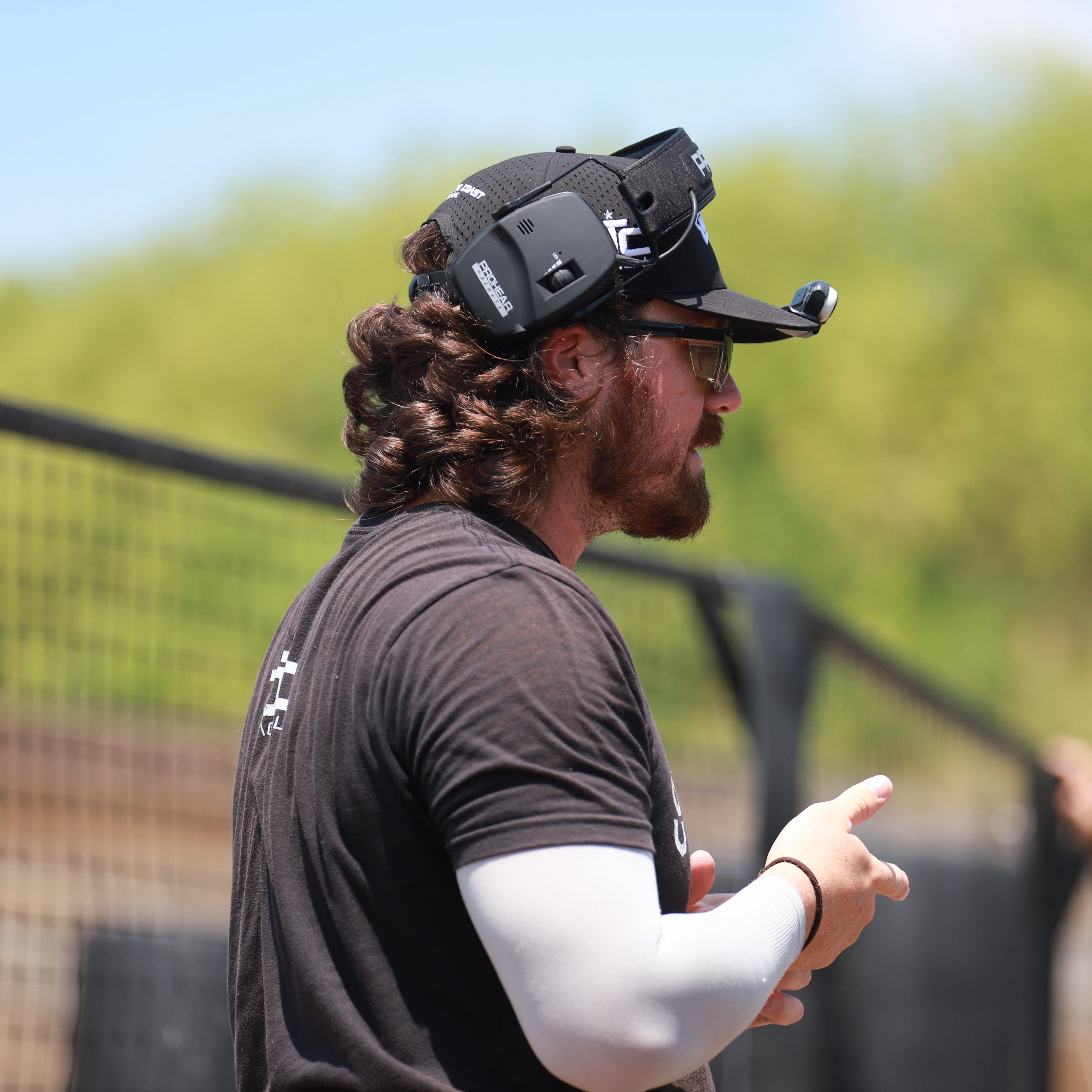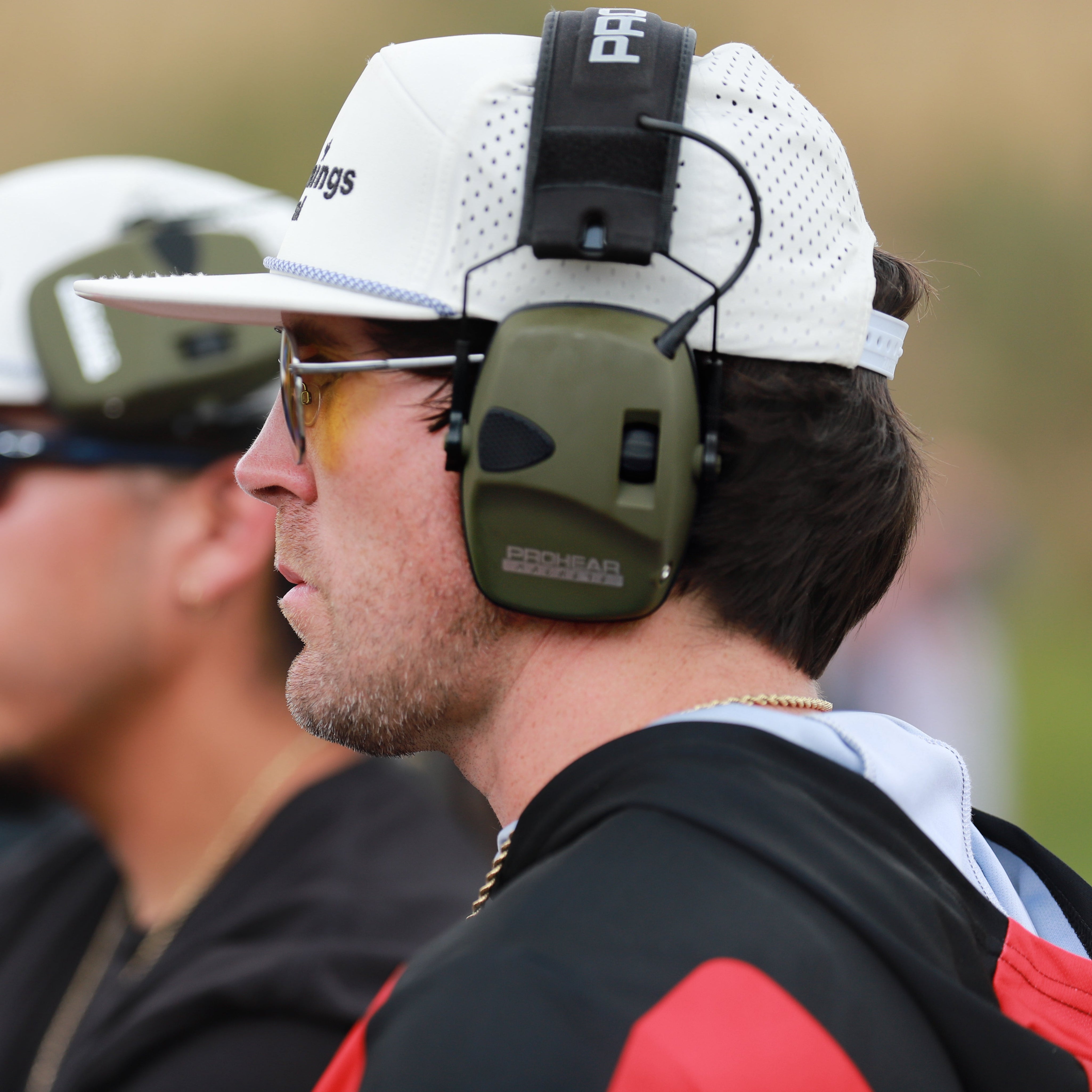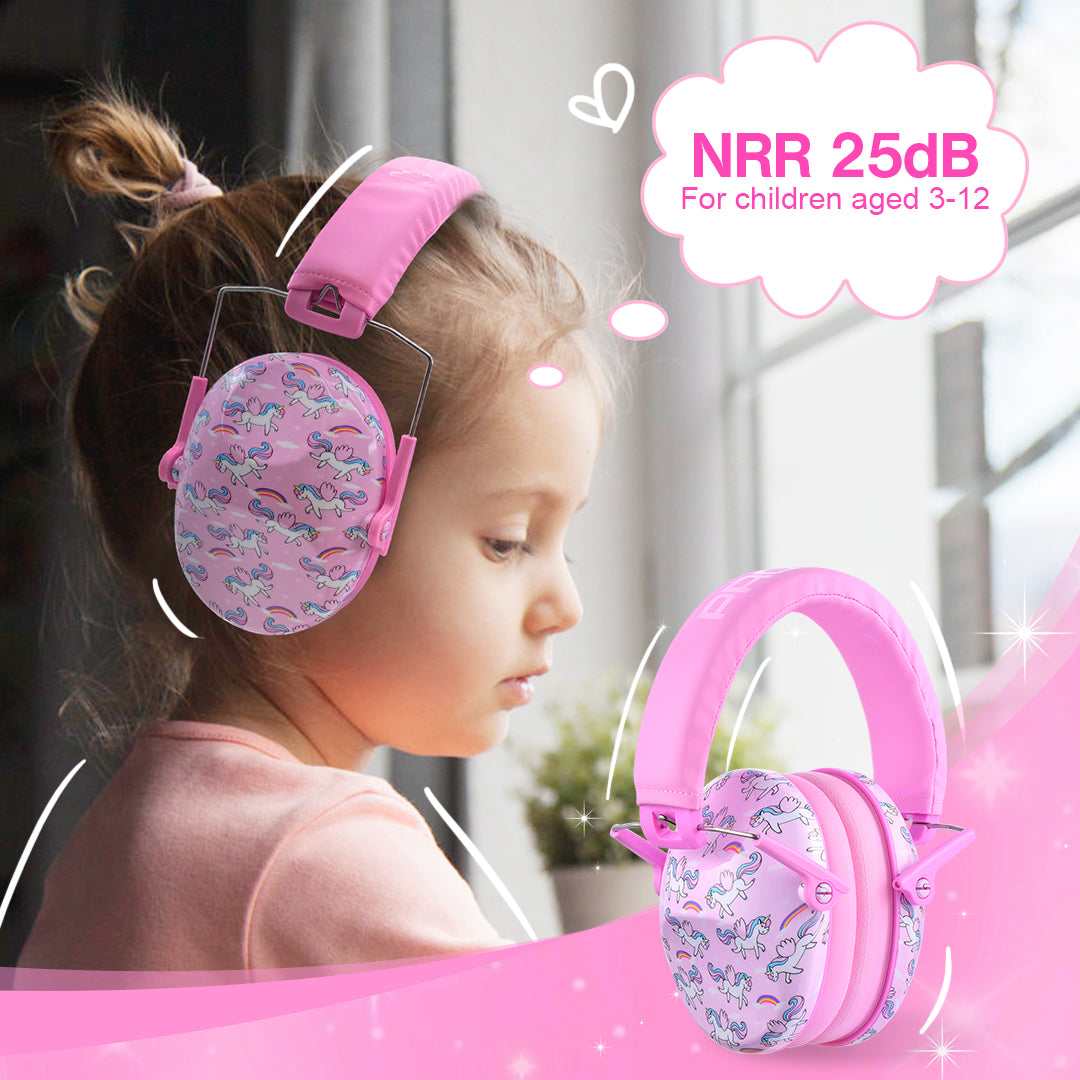Pain: The Small Details We Often Overlook
On Reddit, one popular thread asked: “How did you realize your hearing was slowly getting worse?”
Hundreds of replies poured in, and what people shared sounded like “trivial inconveniences”—but in reality, they were the true signals of hearing decline:
“I kept turning up the TV volume, but my wife complained it was unbearable.”
“At restaurants with friends, I just nodded and smiled—I couldn’t actually hear what they were saying.”
“I thought people were mumbling, but it was really my ears failing me.”
“I started lip-reading, otherwise I couldn’t follow conversations at all.”
These stories reveal a cruel fact: hearing loss rarely happens overnight. It creeps in quietly, hidden in everyday details.
The problem? Most people don’t realize it until their hearing has already been seriously damaged—missing the best window for protection.
Risk: Once It’s Gone, It’s Gone Forever
According to the World Health Organization:
More than 1.5 billion people currently live with some form of hearing loss.
By 2050, that number is expected to reach 2.5 billion, with at least 700 million requiring rehabilitation or hearing devices.
Why are so many people affected?
The key lies in the hair cells inside the cochlea—the most fragile part of the ear. Once they are damaged, they do not regenerate.
In everyday life, many sounds already exceed the “safe threshold” of 85 dB:
Lawn mower: 90 dB
Drill / power saw: 95–110 dB
Rock concert: 100–120 dB
Gunshot: 140–165 dB
These noises may not make you “deaf” instantly, but they silently erode your hearing over time. By the time you notice the change, the damage is usually irreversible.
Solution: Make Hearing Protection a Daily Habit
1. At the Shooting Range
Every gunshot can exceed 140 dB, the equivalent of a jet engine at takeoff. Even one unprotected exposure can cause permanent hearing damage.
👉 The solution: Wear electronic shooting earmuffs. They instantly suppress gunshots while amplifying voices, so you can protect your ears and communicate with your friends.
2. During Lawn and Garden Work
Lawn mowers and leaf blowers are common noise culprits. Weekly mowing may seem harmless, but over time, it steadily destroys delicate cochlear cells.
👉 The solution: Use noise-reducing earmuffs with Bluetooth. They lower dangerous decibels while letting you enjoy music or podcasts, making yard work more pleasant.
3. In Woodworking and DIY Projects
Chainsaws, grinders, and compressors easily produce over 100 dB. Many craftsmen simply “tough it out” until tinnitus or hearing decline sets in.
👉 The solution: Choose comfortable electronic earmuffs that support long wear and can connect to devices for added convenience.
4. At Concerts, Sports Arenas, and Fireworks Shows
Children’s ear canals are more sensitive than adults’. Even a single loud event can harm their hearing. Too many parents overlook this until kids complain of ear pain.
👉 The solution: Provide kids with child-specific earmuffs. Lightweight, soft, and secure, they keep little ones safe while still letting them enjoy the moment.
The real secret? Don’t treat hearing protection as “occasional.” Make it a habit—every single time you’re exposed to loud environments. Just like buckling your seatbelt or putting on a bike helmet.
Product: PROHEAR’s Professional Protection
To meet the needs of different people and environments, PROHEAR offers a full range of hearing protection solutions:
PROHEAR 066
Electronic earmuffs designed for shooting. Instantly suppress gunfire while amplifying voices, keeping you safe and connected at the range or on the hunt.
PROHEAR 037
Bluetooth noise-reducing earmuffs, ideal for mowing, leaf blowing, chainsaw or garage work. Protects your ears while letting you enjoy music or podcasts.
PROHEAR 032
Specially designed for kids. Lightweight, soft, and fun to wear, they protect sensitive ears during concerts, fireworks, or sports events.
Don’t Wait Until It’s Too Late
Picture these moments:
-
You’re at the shooting range, chatting comfortably with friends instead of asking, “What did you say?”
-
While mowing the lawn, you hear your child call “Dad!”—and you respond instantly.
-
Family movie nights go smoothly, without constant arguments over the volume.
These small joys depend on one simple thing: healthy hearing.
👉 Discover the full PROHEAR collection of hearing protection and start safeguarding your ears today.
Extra Tips for Everyday Hearing Health (Extended Version Exclusive)
-
Get regular hearing tests: Once a year is recommended, especially if you work around loud environments.
-
Protect children’s ears: Limit headphone use and avoid high-volume settings.
-
Workplace safety: Treat earmuffs like goggles or helmets—essential, not optional.
-
For music lovers: Follow the 60/60 rule: keep volume below 60% and limit use to 60 minutes at a time.
-
Tinnitus warning: If you hear ringing after loud exposure, your ears are already overworked. Rest them and take protection seriously.
Conclusion
Hearing loss doesn’t reverse—but protection can start today.
Don’t wait until you’re straining to hear every word. The real change begins with a simple habit: putting on earmuffs.









